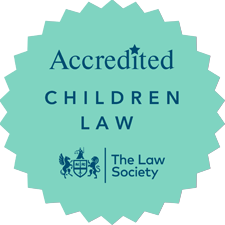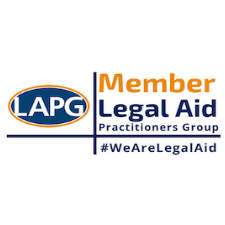Domestic abuse can have a significant impact on every part of family life, including when Children’s Services become involved. Many parents worry that asking for help will mean that their children are taken away, but in most cases, social workers and the Court aim to support families to stay safely together, wherever possible. Understanding how domestic abuse is viewed in Care Proceedings, and what support is available, can help parents feel more informed and empowered.
When Children’s Services are made aware of domestic abuse, they have a duty under the Children Act 1989 to ensure that children are protected from harm. Domestic abuse can take many forms — physical, emotional, sexual, financial, or coercive and controlling behaviour — and children who witness or experience it are recognised as victims too. The Local Authority will usually carry out an assessment to understand what has happened, whether there is an ongoing risk, and what support or safety measures are needed. The purpose is not to blame the non-abusive parent, but to work together to keep both the parent and child safe.
If concerns about domestic abuse lead to Court Proceedings, the Court will look carefully at how the abuse has affected the child and whether there is a continuing risk of harm. There will be hearings to establish what has taken place and assessments to consider each parent’s ability to protect the child. The Court will always prioritise the child’s welfare above everything else.
For parents who have experienced abuse, it is important to know that you do not have to face your abuser in court. There are special measures available to help you feel safer and more able to participate in hearings. These can include attending court by video link, having a screen so you do not have to see the other person in the courtroom, separate waiting areas, or even staggered arrival and departure times so you do not have to meet outside the courtroom. These steps are there to make sure you can give your evidence and take part in the process without fear or intimidation. Your solicitor can request these measures on your behalf and make sure the Court is aware of any concerns about your safety.
Victims of domestic abuse are also entitled to other forms of protection and support. A solicitor can help you apply for protective orders, refer you to specialist domestic abuse services, and ensure that your views are clearly represented in meetings and Court hearings. Legal Aid is available automatically for Care Proceedings and in some cases can also cover protective injunctions.
At Johnson Astills Solicitors, our specialist Care Team understands how complex and distressing it can be when domestic abuse and Care Proceedings overlap. We work sensitively and proactively with parents to ensure their voices are heard, their safety is prioritised, and they have access to the right legal protection and emotional support.
If you have experienced domestic abuse and are involved with Children’s Services or Care Proceedings, please get in touch with Johnson Astills to see how we can assist. Please call us at our office in Leicester on 0116 255 4855 or our office in Loughborough on 01509 610 312 and ask to speak to a member of the Care Team. Alternatively, you may prefer to email us at legal@johnsonastills.com or fill in our enquiry form.








